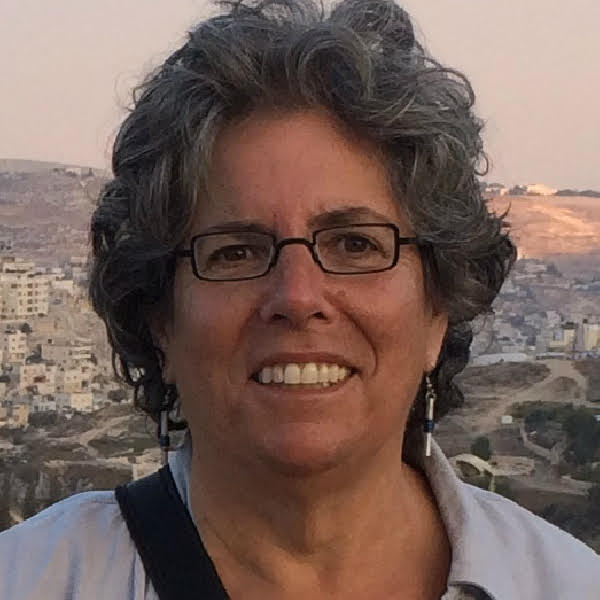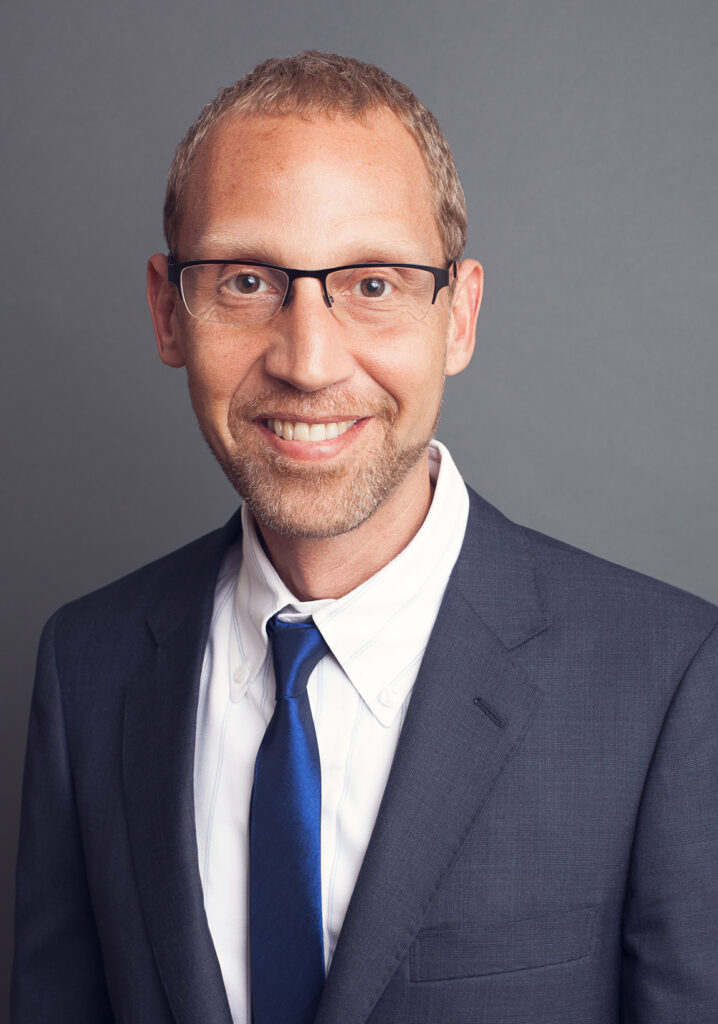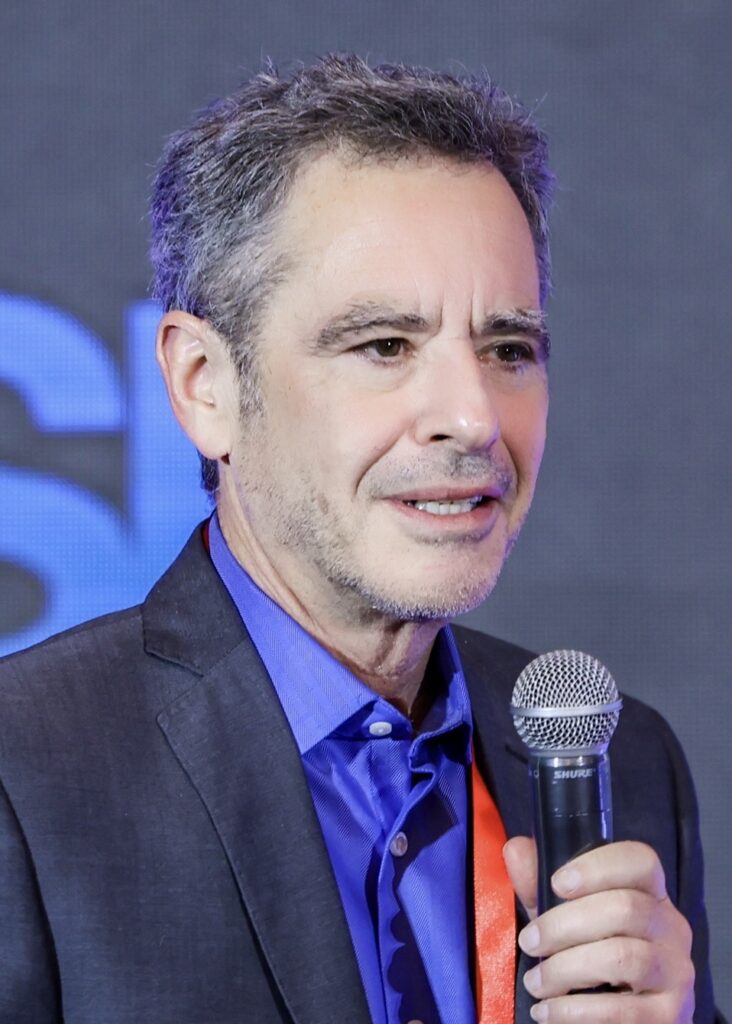This list will be updated as we receive donations.

- This event has passed.
From Accommodation to Emancipation: Insights from Contemporary Psychoanalysis on Finding Freedom from Traumatic Attachments
– Presented by Jane Rubin, PhD, PhD, PsyD [Study Group] [8 Sessions]

Eight sessions, the third Friday of the month:
Oct 20, Nov 17, Dec 15, 2023; Jan 19, Feb 16, Mar 15, Apr 19, May 17, 2024
- NARRATIVE:
Most patients come into therapy with hope for relief from their traumas, and with dread that therapy itself will be traumatizing. Anna Ornstein famously referred to this dread as “the dread to repeat” — patients’ anxiety that their therapists will treat them the same way as the traumatizing figures of their past.
Self-psychology and intersubjectivity theory have developed an extensive literature about how therapists can recognize the dread to repeat, and how we can act in ways that, over time, both help patients to understand their trauma and its effect on their lives, and to feel less potentially traumatized by the therapy process itself.
In many essays over the course of his career, the self-psychologist Bernard Brandchaft identified an equally powerful anxiety that therapists often fail to recognize – what he called “the dread not to repeat.” The dread not to repeat is the overwhelming anxiety that accompanies the loosening of emotional ties to traumatizing figures. It is often responsible for situations in which therapy grinds to a halt, or even seems to be going backwards, as patients seem to surrender the gains they’ve made and return to the emotional patterns that brought them into treatment in the first place.
Helping patients overcome these anxieties, so they can free themselves from the traumatic attachments that are imprisoning them, requires recognizing when patients are exhibiting the dread to repeat and when they are exhibiting the dread not to repeat, and adjusting our interventions accordingly. Failure to do this can result in treatments that can feel stuck, and that become frustrating to both patient and therapist.
In this class, we’ll study the work of Brandchaft, along with other practitioners of contemporary self-psychology and intersubjectivity theory, to understand how to recognize the difference between the dread to repeat and the dread not to repeat, and to work effectively to help patients free themselves from traumatic attachments.
Topics will include: 1) the difference between the dread to repeat and the dread not to repeat, and how to work effectively with each; 2) the importance of tracking patients’ affective shifts from enthusiasm to malaise; 3) pathological accommodation, and how to recognize and work with it; 4) working with depression; 5) working with obsessional disorders.
The seminar will include discussion of readings, followed by case presentations by the participants. The case presentations are intended to help participants effectively translate the ideas of Brandchaft and other writers from theory to practice. Participants should develop greater facility in recognizing, and helping patients to find relief from, traumatic attachments.
2. LEARNING OBJECTIVES:
Upon completion of this workshop, participants should be able to:
- Explain the difference between the dread to repeat, and the dread not to repeat.
- Describe three different techniques for working with the dread to repeat versus the dread not to repeat.
- Demonstrate three effective ways of tracking affective shifts from enthusiasm to malaise.
- Define pathological accommodation and explain how it differs from other forms of attachment.
- Explain the difference between trailing edge and forward edge transferences.
- Demonstrate three ways of working with forward edge versus trailing edge transferences.
- Explain three ways of working with depressive disorders from an intersubjective perspective.
- Explain how to work with obsessional disorders from an intersubjective perspective.
3. COURSE OUTLINE – 3 HOURS:
12:30-1:15 pm
Instructor will provide an in-depth analysis of a core concept in intersubjectivity theory. Each class will focus on one of the following concepts: 1) the difference between the dread to repeat and the dread not to repeat; 2) the different techniques for working with the dread to repeat versus the dread not to repeat; 3) effective ways of tracking affective shifts from enthusiasm to malaise; 4) pathological accommodation, and explain how it differs from other forms of attachment; 5) trailing edge and forward edge transferences; 6) how to work with forward edge versus trailing edge transferences; 7) working with depressive disorders; 8) working with obsessional disorders.
1:15-2:30 pm
A participant will present a case and the class will discuss the case with the aim of integrating the theoretical concepts discussed in the first part of the class with actual clinical material.
4. CONTENT CURRICULUM
- Students in doctoral programs in psychology are usually introduced to basic psychoanalytic and psychodynamic concepts. They rarely receive any exposure to contemporary psychoanalysis and to the many ideas about the treatment process it proposes. This course builds upon students’ doctoral level familiarity with basic psychoanalytic concepts to introduce them to more contemporary ways of thinking and practicing.
- Many clinical psychologists struggle with how to successfully work with patients who seem to regress at a certain point in their therapy. They often come to the conclusion that the therapy has been a failure, and they blame themselves for this. This content is specifically designed to give therapists more conceptual tools, and practice in applying them, so they can recognize when pathological accommodation is keeping patients from making further progress in therapy.
- The content for this course is intermediate. It assumes that participants have had some postgraduate clinical experience, and that they have a basic familiarity with psychoanalytic ideas such as transference.
- I don’t believe that there are risks to this material if people understand it well. One of the main objectives of contemporary psychoanalytic practice is not to injure our patients. One of the main objectives of this course is to help therapists work effectively so that their patients are able to achieve their goals without being retraumatized by their therapy. The limitations are that no one should ever rely on one group of theories in their work. There is nothing in contemporary psychoanalysis that precludes the use of CBT, DBT, or any other non-psychoanalytic technique when that technique will be useful to the patient.
- The entire emphasis of contemporary psychoanalysis—and, especially, of self-psychology, intersubjectivity theory, and specificity theory—is that each patient and therapist brings his or her entire self into the treatment. This includes individual, cultural, and role differences. A major focus of this course is understanding how these differences play a role in the treatment, and how understanding how best to work with them can enrich the therapeutic process.
COST:
CIP Members:
$260 early registration up to 10 weekdays prior to first session, $280 after
Non-Members:
$340 early registration up to 10 weekdays prior to first session, $360 after
CEs: 16 CEs for LMFTs & LCSWs and 16 CEs for Psychologists. Certificates issued after completion of 8 sessions.
Community Institute for Psychotherapy is approved by the American Psychological Association to sponsor continuing education for psychologists. Community Institute for Psychotherapy maintains responsibility for this program and its content.
Cancellations must be received in writing by email: Full refund if canceled 48 hours prior to the event; $25 cancellation fee if canceled with less than 48 hours’ notice.
Accommodation for Special Needs: Accommodations will be made wherever possible to accommodate those with disabilities. Please let us know of any disabilities upon registration, to ensure that proper accommodations are put in place prior to workshop/training.
Grievance Procedure: CIP will respond to complaints in a reasonable, ethical and timely manner, when submitted by program attendees in writing to the Chair of CIP’s Professional Development Committee.
Anti-Discrimination Policy: CIP shall not discriminate against any individual or group with respect to any service, program or activity based on gender, race, creed, national origin, sexual orientation, religion, age or other prohibited basis. CIP does not require attendees to adhere to any particular religion or creed in order to participate in training. CIP will not promote or advocate for a single modality of treatment that is discriminatory or likely to harm clients based on current accepted standards or practice.
*There is no conflict of interest or commercial support related to this CE program.











